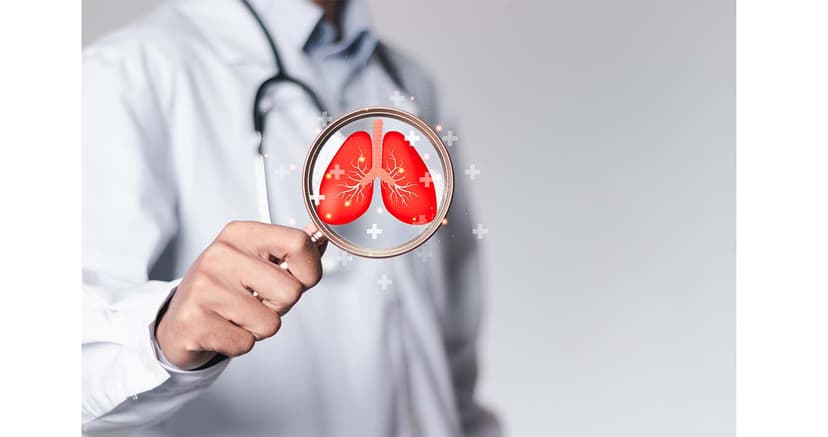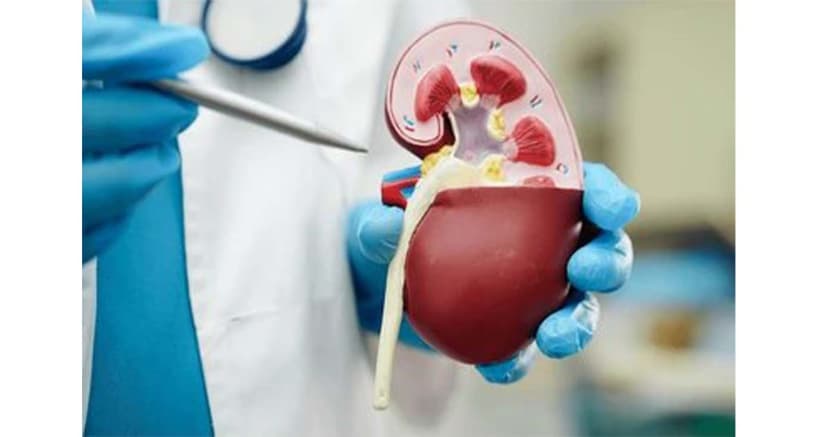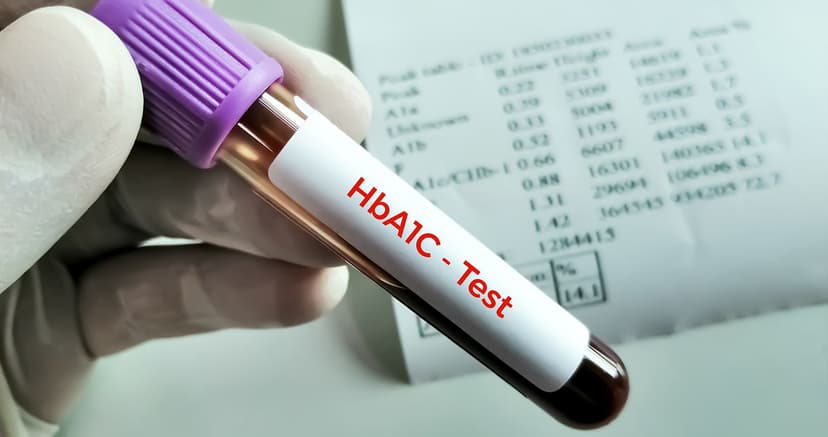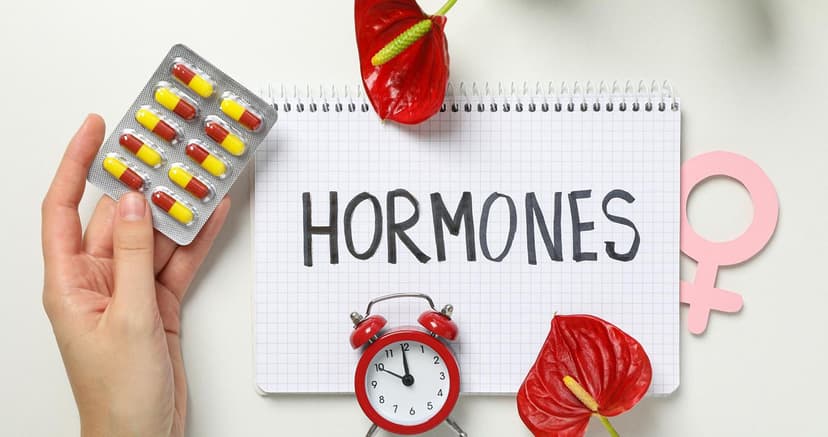Women and Heart Attacks: Unique Symptoms to Watch For
By:

Apex Hospitals
13-10-2024

The signs of a heart attack are similar for everyone, but women often experience additional or different symptoms, which can make detection and timely treatment more challenging. For instance, in the weeks leading up to a heart attack, women are more likely to report symptoms such as unexplained fatigue, sleep disturbances, or general discomfort.
During a heart attack, women may not exhibit the classic signs, like intense chest pain radiating down one arm, which is commonly associated with heart attacks in men. Instead, they might experience more subtle symptoms, including nausea, shortness of breath, back or jaw pain, or even silent symptoms that go unnoticed. These atypical signs can delay diagnosis and treatment, contributing to lower survival rates among women compared to men.
Unique biological factors also increase heart attack risks for women. Conditions like polycystic ovary syndrome (PCOS) and hormonal changes during menopause play a significant role in elevating cardiovascular risks in women, making prevention and awareness crucial.
Recognizing these differences is vital for effective diagnosis and care. Women should seek immediate medical attention if they experience any unusual symptoms, even if they seem mild or unrelated to the heart. Early detection can save lives.
Risk factors of heart attack in women
Several factors can significantly increase the risk of developing heart disease, a leading cause of mortality worldwide. Nearly half of all Americans have at least one of the three major risk factors:
1. High Blood Pressure
High blood pressure is a critical risk factor for heart disease. Women may develop hypertension as a side effect of birth control pills or during pregnancy. Additionally, women over 65 are more likely than men to experience high blood pressure.
2. High Cholesterol
Oestrogen offers some protection against unhealthy cholesterol levels in women. However, after menopause, oestrogen levels drop, leading to a higher likelihood of elevated cholesterol, increasing heart disease risk.
3. Smoking
While men historically smoked more than women, the gap between genders has significantly narrowed. Unfortunately, women often find it more challenging to quit smoking, further elevating their heart disease risk.
Additional Risk Factors:
- Diabetes: Increases the likelihood of heart disease by affecting blood vessels and nerves.
- Obesity: Excess body weight strains the heart and contributes to hypertension and diabetes.
- Family History: A genetic predisposition can increase susceptibility to heart disease.
- Age: The risk of heart disease rises as you age, particularly after menopause in women.
- Unhealthy Diet: Diets high in saturated fats, trans fats, and sodium contribute to cardiovascular problems.
- Physical Inactivity: A sedentary lifestyle weakens the heart and increases the risk of obesity and hypertension.
- Excessive Alcohol Use: Overconsumption of alcohol raises blood pressure and cholesterol levels, compounding heart disease risk.
What are the symptoms of heart attack in women?
Eight Possible Symptoms of a Heart Attack in Women:
1. Chest Pain:
The most common symptom for both men and women is chest pain or discomfort, often described as:
- Tightness
- Pressure
- Squeezing
- Aching
However, women may experience a heart attack without chest pain. Research indicates that 29.7% of women report chest discomfort in the weeks leading up to a heart attack, and 57% experience it during the event.
2. Extreme or Unusual Fatigue
Fatigue is frequently reported in the weeks before a heart attack.
Simple activities requiring minimal effort may leave a person feeling unusually exhausted.
3. Weakness
- Feeling weak or shaky is a common acute symptom.
- Anxiety
- Dizziness
- Fainting
- Light-headedness
This may be accompanied by:
4. Shortness of Breath
- Heavy or laboured breathing without exertion, especially with chest pain or fatigue, can signal heart issues.
- Some women experience shortness of breath when lying down, which may improve when sitting upright.
- Excessive, unexplained sweating is another warning sign.
- Feeling cold and clammy is often associated with heart-related problems.
5. Sweating
6. Upper Body Pain
- Pain may occur in the:
1. Neck
2. Jaw
3. Upper back
4. Either arm
- The pain can appear suddenly or start in one area and spread.
- Almost half of the women in studies report sleep problems before a heart attack, including:
7. Sleep Disturbances
1. Difficulty falling asleep
2. Waking frequently during the night
3. Feeling tired despite adequate rest
8. Stomach Problems
- Stomach pain or pressure can precede a heart attack.
- Other related symptoms may include:
1. Indigestion
2. Nausea
3. Vomiting
Recognizing these symptoms early and seeking prompt medical attention can save lives.
Take Charge of Your Heart Health Today!
Heart attacks often present differently in women, making it crucial to recognize the unique symptoms early. If you or a loved one experience unexplained fatigue, shortness of breath, upper body pain, or any other unusual signs, don’t ignore them—your body could be sending an urgent message. At Apex Hospitals, our team of cardiology experts is dedicated to providing personalized care to help you stay heart-healthy and informed.
Your heart deserves the best care. Call us now or visit Apex Hospitals to learn about prevention, diagnosis, and advanced treatment options. Together, we can make your heart health a priority!
FAQS
Related Articles
Connect With Us
Health In A Snap, Just One App.
KNOW MORE



































































































